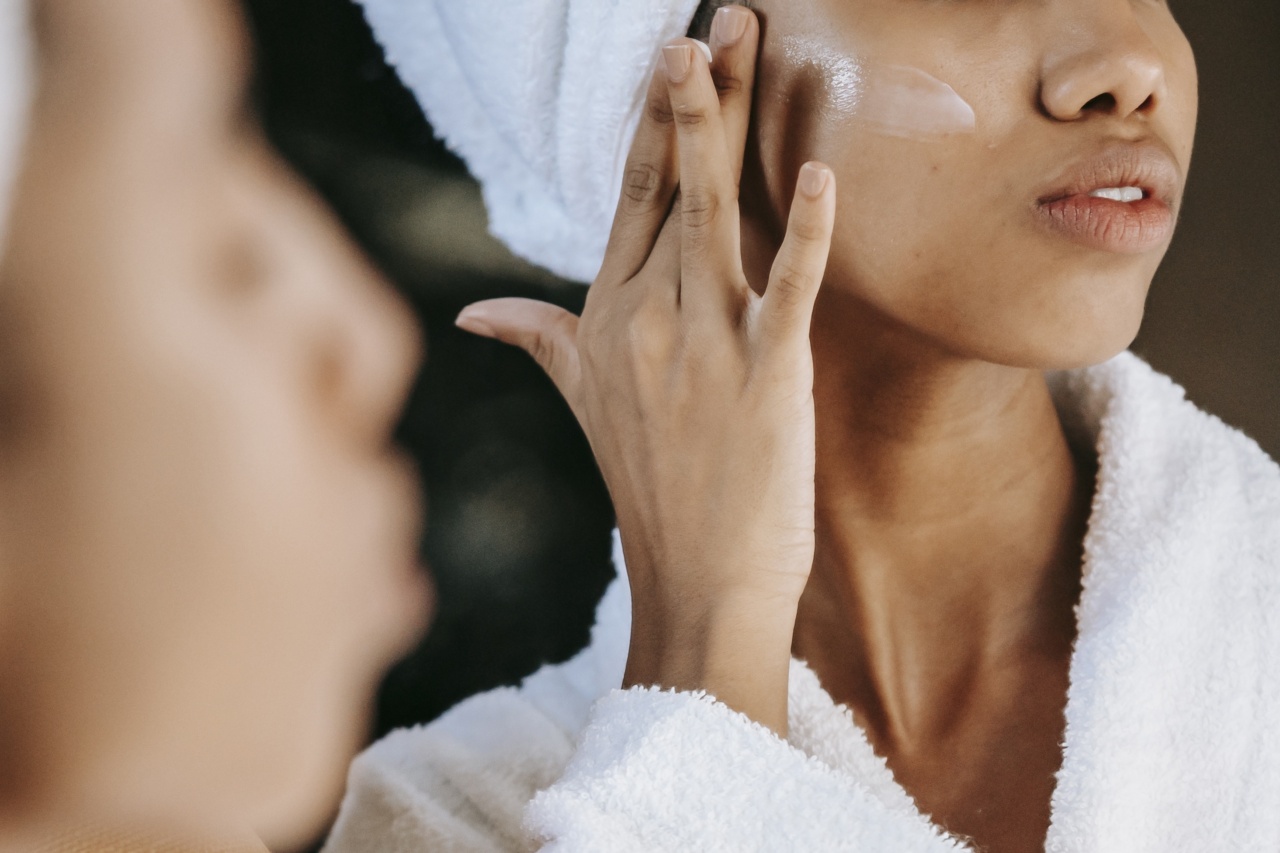Dealing with dry skin can be frustrating, as it can be itchy, uncomfortable, and even painful at times. Dry skin is often caused by factors such as harsh weather conditions, hot showers, excessive exposure to sunlight, and certain skincare products.
However, with the right approach and a few helpful tips, you can effectively moisturize and nourish your skin to restore its natural balance and radiance. In this article, we have compiled a list of 10 essential tips and tricks to help you combat dry skin and achieve a healthy, hydrated complexion.
1. Choose a Gentle Cleanser
The first step in any skincare routine for dry skin is to use a gentle cleanser that will not strip away the natural oils of your skin. Look for cleansers with hydrating ingredients like glycerin, hyaluronic acid, or ceramides.
Avoid cleansers with harsh chemicals or fragrance as they can further irritate and dry out your skin.
2. Avoid Hot Showers
Although a hot shower might be tempting, especially during colder months, it can actually worsen dry skin. Hot water can strip away the skin’s natural oils, leaving it dry and dehydrated.
Opt for lukewarm water instead, and limit your shower time to 10-15 minutes to prevent further moisture loss.
3. Exfoliate Gently
Exfoliating is essential to remove dead skin cells and promote cell turnover, but it must be done gently for dry skin. Avoid harsh scrubs and opt for chemical exfoliants containing alpha-hydroxy acids (AHAs) or beta-hydroxy acids (BHAs).
These exfoliants effectively slough off dead skin without causing irritation or dryness.
4. Apply Moisturizer on Damp Skin
One of the best ways to lock in moisture is to apply your moisturizer immediately after cleansing while your skin is still slightly damp. This helps to trap the moisture and allows it to penetrate deeper into the skin.
Look for moisturizers that contain humectants like hyaluronic acid or natural oils like jojoba oil, shea butter, or almond oil.
5. Hydrate from Within
Keeping your body hydrated is just as important as external moisturization. Drink plenty of water throughout the day to improve your skin’s overall hydration levels.
Water helps to flush out toxins, improve circulation, and keep your skin plump and supple.
6. Use a Humidifier
Dry indoor air can exacerbate dry skin issues. Consider using a humidifier in your home, particularly in your bedroom, to add moisture to the air.
This can help prevent dryness and ensure that your skin stays hydrated, especially during the winter months when heaters tend to dry out the air.
7. Protect Your Skin from the Sun
Excessive sun exposure can damage your skin’s natural moisture barrier, leading to dryness and premature aging. Always use a broad-spectrum sunscreen with SPF 30 or higher to protect your skin from harmful UV rays.
Additionally, seek shade, wear protective clothing, and use wide-brimmed hats or umbrellas when the sun’s rays are strongest.
8. Be Mindful of Your Clothing Choices
The clothes you wear can also impact your skin’s moisture levels. Avoid rough fabrics like wool, which can irritate and further dry out your skin. Opt for soft, breathable fabrics such as cotton or silk that allow your skin to breathe.
Additionally, choose loose-fitting clothing to prevent friction and irritation.
9. Incorporate Omega-3 Fatty Acids into Your Diet
Omega-3 fatty acids are essential for maintaining healthy skin. They help to strengthen the skin’s barrier, reduce inflammation, and lock in moisture.
Add foods rich in omega-3 fatty acids to your diet, such as fatty fish (salmon, mackerel), chia seeds, flaxseeds, and walnuts.
10. Avoid Harsh Skincare Ingredients
When dealing with dry skin, it’s important to be mindful of the ingredients in your skincare products. Avoid products containing alcohol, fragrance, sulfates, and other harsh chemicals that can strip away moisture and irritate your skin.
Opt for gentle, hydrating products specifically formulated for dry skin.




























